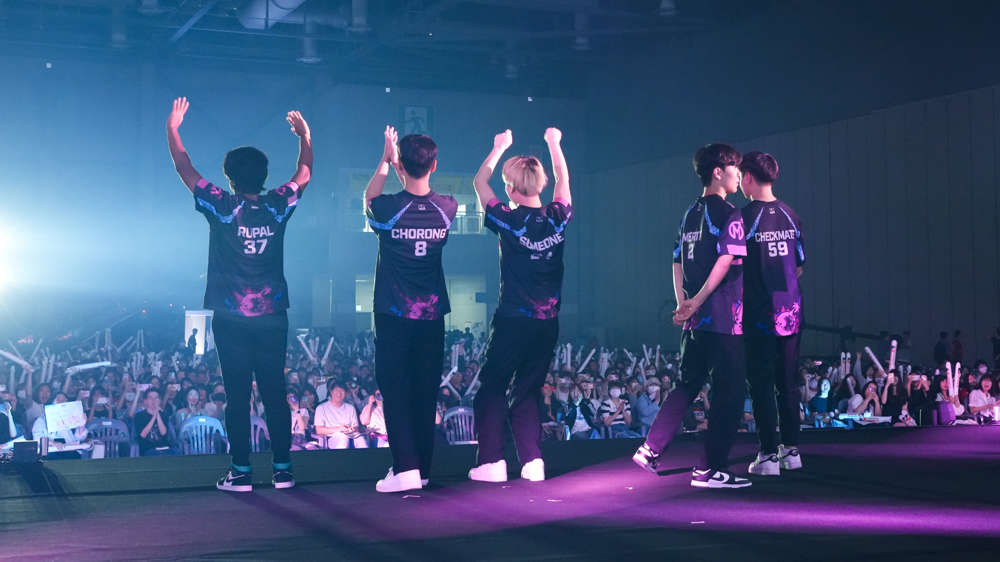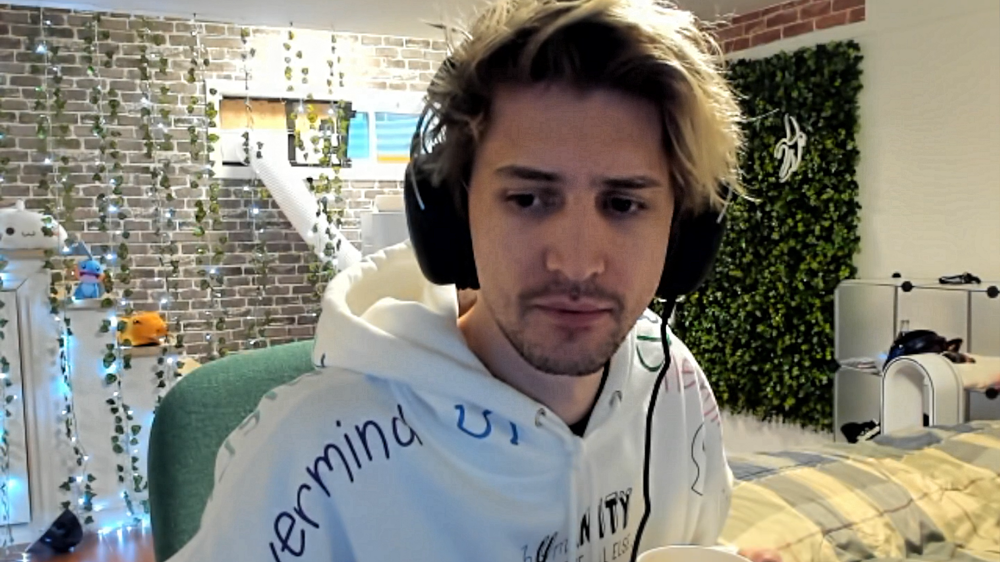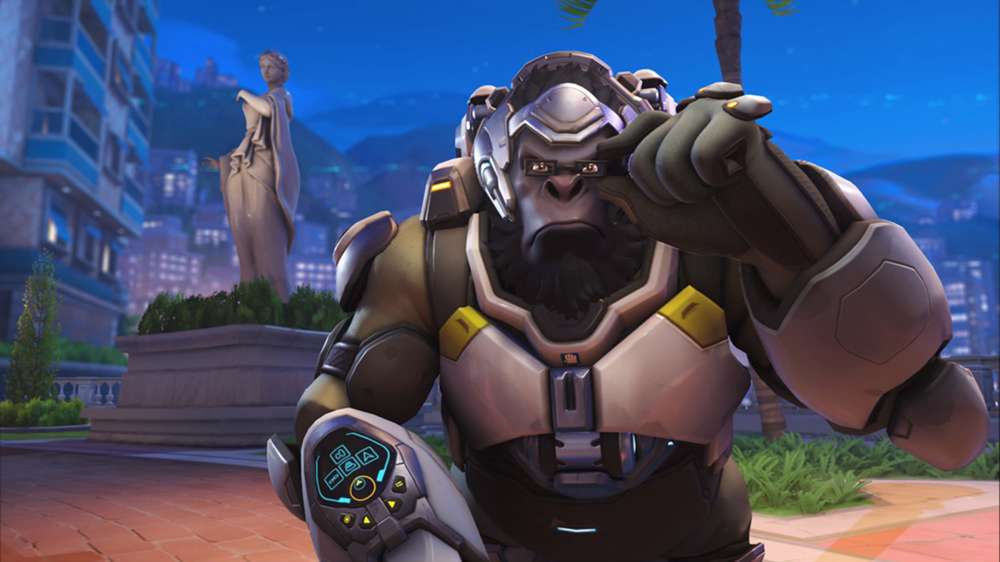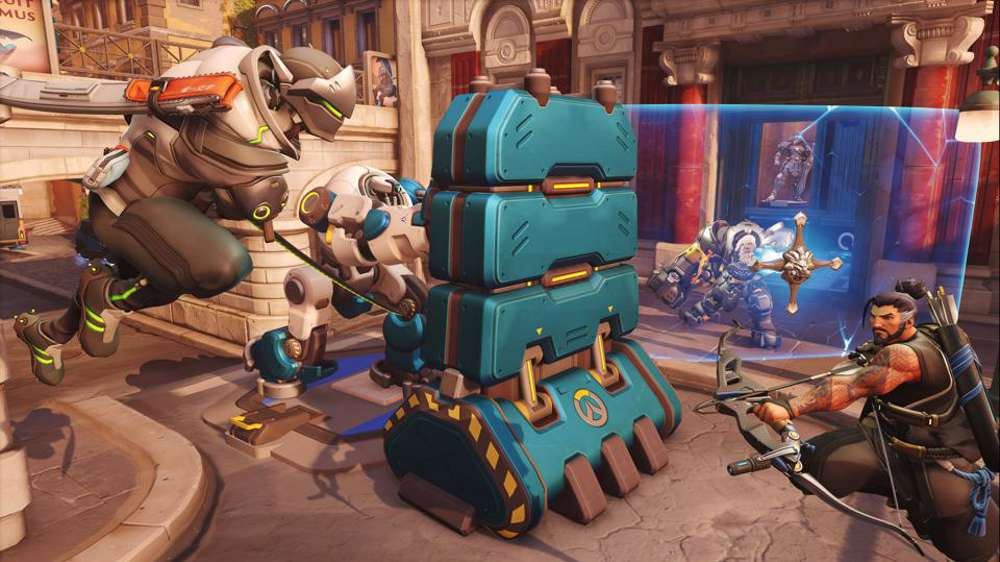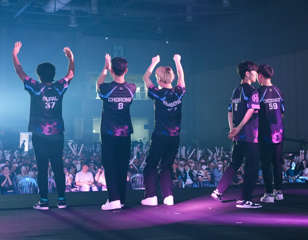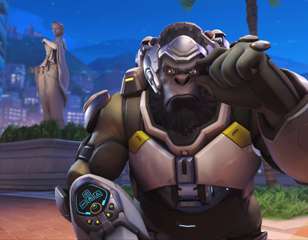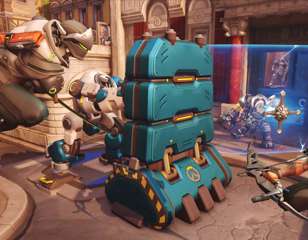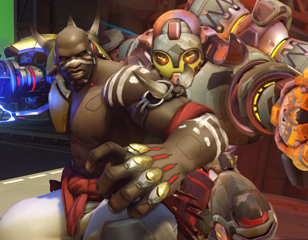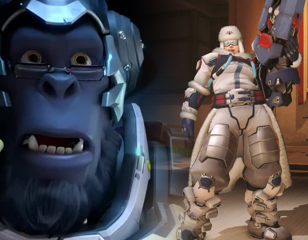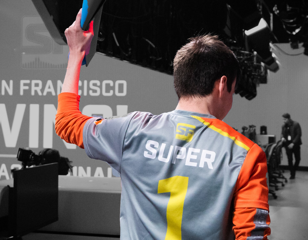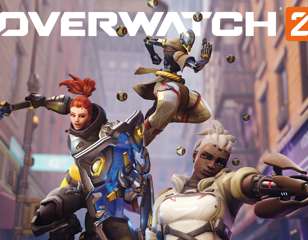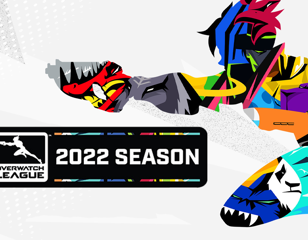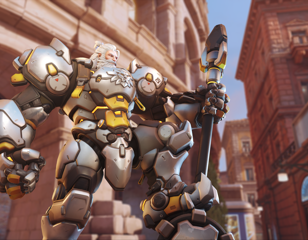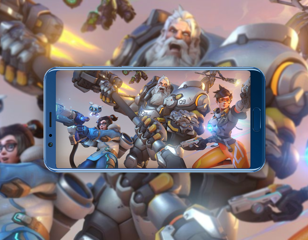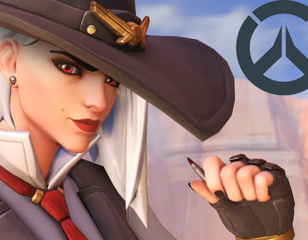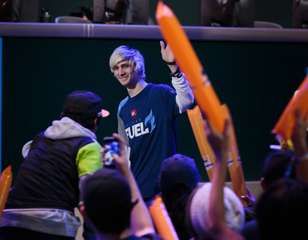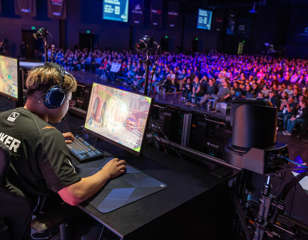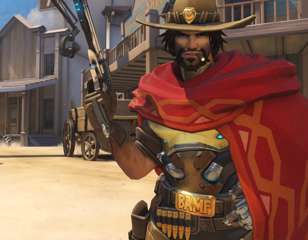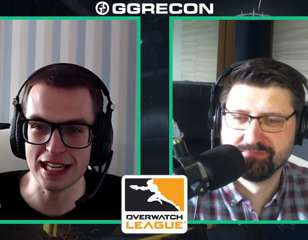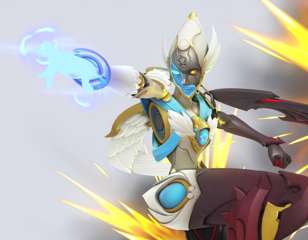Overwatch Colosseum: The devastating impact of 1-week hero pools
1-Week hero pools are a problem for Overwatch League’s professionals, adding additional stress to an already straining environment. As the frustration rises and the retirement rates spike, some coache

Sascha Heinisch
13th May 2020 19:00
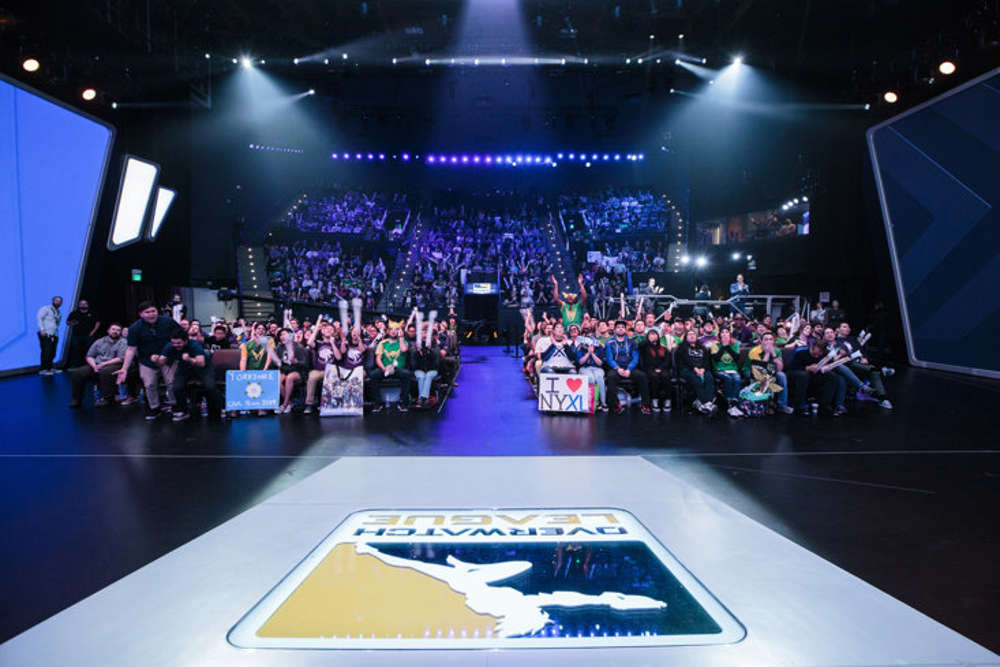
1-Week hero pools are a problem for Overwatch League’s professionals, adding additional stress to an already strained environment. As the frustration rises and the retirement rates spike, some coaches and players have come forward to express their frustration. How did we get here and what can be done to do right by Overwatch League professionals while creating an engaging and enjoyable broadcast experience?
Preamble
In a twitter thread which was later posted to reddit, assistant coach of the Houston Outlaws Chris "Dream" Myrick vented his frustration with hero pools, a feature which was introduced on March 7th to the Overwatch League. With the goal to keep the meta game fresh, hero pools ban one support, one tank and two DPS heroes from active play for a week. The change had been implemented due to a perceived meta stagnation in season 1 and 2 of the Overwatch League, in which the compositions of roughly the same heroes had taken over large parts of the season and were only stopped after significant balance patches had hit in the last stage of both seasons. A vocal group of viewers gave feedback that the stable metas were becoming stale and that more diversity had to be introduced. Blizzard Entertainment answered with the hero pool solution which has gone through many iterations since, in the places where it is applied and how the bans are chosen.
On the side of Overwatch professionals, an unusual number of them have retired in season 3, some of them citing burnout and falling out of love with the game. In their statements regarding the reasons for retiring, some of them mentioned hero pools as a potential culprit among other large systemic changes such as the 2-2-2 role lock. Viewership on Overwatch League’s YouTube live broadcast is still in decline.
Myrick didn’t mince words, calling the system “a joke that ruins team’s ability to iterate and learn and improve” concluding that “hero pools is a terrible system that makes OWL way more stressful and way less rewarding” and expanding that it was a “HUGE reason you will keep seeing retirements.”
Overwatch needed a change
Historically in esports, only a few games get away with never significantly changing the game's formula on a regular basis in order to keep their player and viewer base interested. The arguably only remaining evergreen game is Counter-Strike Global Offensive, which attracts a sizable number of people without having to inject novelty into the core gameplay experience on a regular basis. Perhaps Rocket League deserves a mention here too.
The biggest esports and games in the world need to deploy content patches at high frequencies to remain fresh. League of Legends has made it a point to introduce big updates before the World Championship, the biggest event of the year. Call of Duty releases an entirely new game every year with the pro-scene in an ever-moving flux.
Overwatch had not found a sweet spot of having developed an evergreen formula, and even before the start of the Overwatch League, loud voices inside the professional community had called for significant changes ranging from map types to heroes and to the competitive environment. Like many of its competitors, Overwatch is under pressure from consumer fatigue, especially when a drought of content had befallen Overwatch especially during 2018 and early 2019. Blizzard has since slowly caught up on the expectations of their audience, introducing key features such as the workshop or the replay system. Still under Zugzwang, bold moves towards the future were required. Overwatch needed to change and Blizzard presumably saw hero pools as one such strategy, that I agree with. Whether or not this current iteration, its timing or even its continued existence are tenable is questionable.

Fit vs Good systems
For the sake of illustrating what went wrong with hero pools, let’s say that every system could be described by four attributes; fit and unfit as well as good and bad. Fit systems in our case would be ones that help Overwatch esports grow by helping to generate profit and sustain itself for years to come. Good in our case would refer to a system that keeps the well-being of everyone involved at an acceptable level. If you are, for example, a company that is great to work for, but doesn’t produce a product that people want, it would be unfit and good. If you’re Fletcher from the movie whiplash, you’re running a fit but bad jazz band. Naturally, it should be in our interests as a people to make fit but bad systems eventually lean towards being unfit by ceasing to support them and pointing out their flaws.
With these concepts in mind, assessing which categories hero pools fall into poses a mild challenge. In terms of its fitness, simply looking at the declining viewership is a weak argument that betrays the complexity of viewership motivation in Overwatch League. From moving to YouTube, over to games in different timezones, to broadcasts without a live audience to create atmosphere and a plethora of equally important aspects, the data remains muddy. Looking at the feedback of the vocal minority who post on social media, it’s my perception that the community is divided and assessing their willingness to spend their money on Overwatch remains an even bigger question. What we can be sure of is that the hero pool system isn’t massively fit or unfit, perhaps only a mild dent in either direction.
Equally, with hero pools happening during a global pandemic with all its logistical challenges, mental health tolls, clearly identifying and separating which amount of harm and benefit comes from hero pools which led to this spike in retirements and burnout has to be treated with the same care. Despite that caveat in place, there’s little doubt in my mind that 1-week hero pools are an inherently bad system and would’ve been made worse if the league had gone on the road to travel to the various homestands across the globe. To support the current iteration is to care for one’s own entertainment over the well-being of entertainers and will find themselves morally among the ranks in a virtual colosseum.
The burnout machine
In an interview with ESPN, Florida Mayhem coach Kim “Kuki” Dae-kuk called the system “hellish”, citing the necessity of much more working hours as a source of stress. Matthew "super" DeLisi didn’t pass judgement on hero pools itself but shared that it indeed had increased the practice hours.
According to players and coaches I’ve talked to, the mechanism by which the increased requirement for practice occurs is that the diminishing returns of each practice hour never really sets in under hero pools. Each week, your progress is soft-reset due to the requirement of learning a new strategy that needs to be adapted towards the heroes your team is playing and the one that the opponents are most likely fielding.
It’s a crucial aspect to fully understand the situation coaches and players are under; there of course are large transitional fundamentals between playing McCree one week and the next but the sheer amount of micro and macro adjustments are so large in volume that they can hardly be cleared in a practice week's time. The answers to “When should I use my flashbang?” and “How should I position in relation to my tank or backline?” may change drastically week by week. Macro strategic decisions like “How should we rotate as a rush/brawl/deathball comp against JinMu’s Pharah?” may be very different depending on the bans. Each week, a significant portion of the game has to be relearned through trial and error from scratch. It is therefore unlikely that even given time and adaptation to the hero pool system, teams will become better at handling it at which point diminishing returns would set in. The number of iterations and the rate of skill decay for a specialised situation are simply too great.
In stable metas, each additional hour didn’t contribute to the improvement of your performance nearly as much and the value of rest clearly outpaced practice after a certain amount of hours which were still high, but not morally questionable. Credible horror stories of coaches skipping sleep in order to get a leg up on the meta and cracking out brutal 90+ hour weeks have surfaced, with the average of those coaches I’ve asked landing at around 75 hours. Many teams do not have a mental health professional to assist with the de-escalation of the workload and making a performance coach or a psychologist mandatory in the face of current economic realities will not go over well with teams.
Hero pools might not inherently be an unworkable system, but the short 1-week rotation, the current resource limitations and restrictions paired with no notice for teams in the pre-season that this feature would be going live inevitably results in morally questionable practices for many teams and should not be supported. With the only practically workable parts in this equation being the extension of the hero ban length to perhaps four weeks or the scrapping of the entire system, the Overwatch League needs to make a move.
Images via Blizzard Entertainment

About The Author
Sascha Heinisch
Sascha "Yiska" Heinisch is a Senior Esports Journalist at GGRecon. He's been creating content in esports for over 10 years, starting with Warcraft 3.
